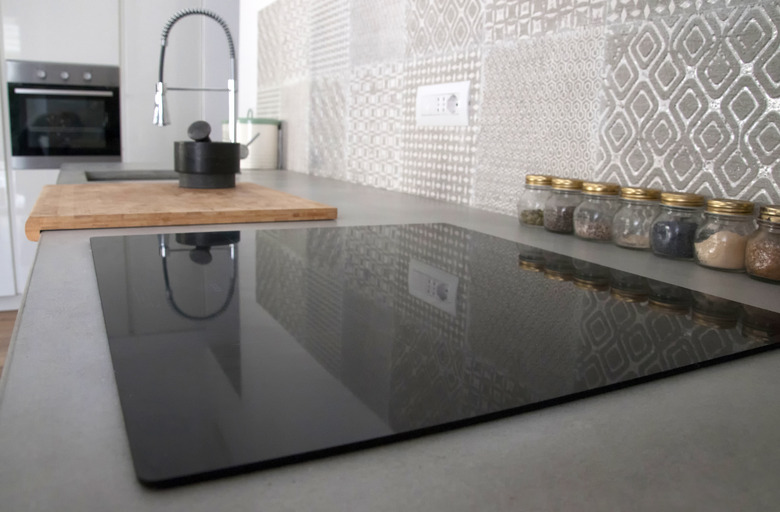The Advantages Of Electric Appliances
In the market for a new stove, heater, water heater or fireplace? You may be wondering whether you should choose gas- or electric-powered models. Learn more about the many advantages of electric appliances before you decide which type of appliance to purchase.
Main Advantages of Electric Appliances
Main Advantages of Electric Appliances
One of the main advantages of electric appliances is that your home is absolutely already set up to power an electric appliance. However, your home may not be equipped with the gas lines necessary to install gas-burning stoves, ovens, heaters and water tanks. Therefore, electric appliances may represent a more affordable option due to zero installation fees.
The upfront purchase price of electric appliances is also generally more affordable than gas-powered counterparts. As you can see from the U.S. Energy Information Administration's comparison chart, the cost of electricity largely depends on your geographic area, but you also have the option to generate "clean" or environmentally-friendly electricity on your property via solar panels, personal windmills, geothermal generators and more if you want to move away from commercialized electricity. There's no way to tap into your own natural gas line, however, so electric appliances are a nice option for people who want to feel a little more control over the source of their energy.
Finally, although electric fires are a real possibility, using gas-powered appliances also exposes you to a potential gas leak. Natural gas that builds up in an enclosed area represents a fire hazard, since just one spark could ignite all of the gas in the air. A gas leak also exposes you to carbon monoxide poisoning, which can severely affect your health and even be fatal. Avoiding gas appliances removes these risks altogether.
Gas vs. Electric Stoves
Gas vs. Electric Stoves
When considering gas versus electric stoves in particular, electricity offers several advantages. First, electric stoves do not have any open flames, which makes them a safer option, especially when pets and children are in the picture.
Second, electric stove tops can be purchased with a flat glass or ceramic top, which is far easier to clean than the coils present on a gas stove top. Electric stoves also waste less energy by transferring heat to cookware more efficiently.
Gas vs. Electric Water Heaters
Gas vs. Electric Water Heaters
Generally, electric water heaters are capable of being more efficient than gas water heaters, and efficiency is important when it comes to heating water. Turning on the hot water tap and waiting for minutes to feel the temperature change can be an aggravating experience, especially when trying to make adjustments in the shower. Instead of wasting water and getting frustrated, choose an electric water heater with a high energy factor (EF) the next time you're in the market for this appliance.
You also don't have to worry about venting electric water heaters, which makes them easier to self-install than gas water heaters.
Gas vs. Electric Heaters
Gas vs. Electric Heaters
Electric heaters are also a safer option than gas heaters, which require routine professional maintenance to ensure there are no gas leaks or other safety concerns. They're also more efficient at heating a home than their gas counterparts. According to Entek, electric heaters are also quieter and more durable than gas heaters.
Gas vs. Electric Fireplaces
Gas vs. Electric Fireplaces
If you like the crackling sound of a fireplace but do not like having an open flame, then an electric fireplace represents a great option. But there are other advantages besides safety: electric fireplaces are less expensive to run and to purchase than gas fireplaces, and they have a do-it-yourself friendly installation process.
